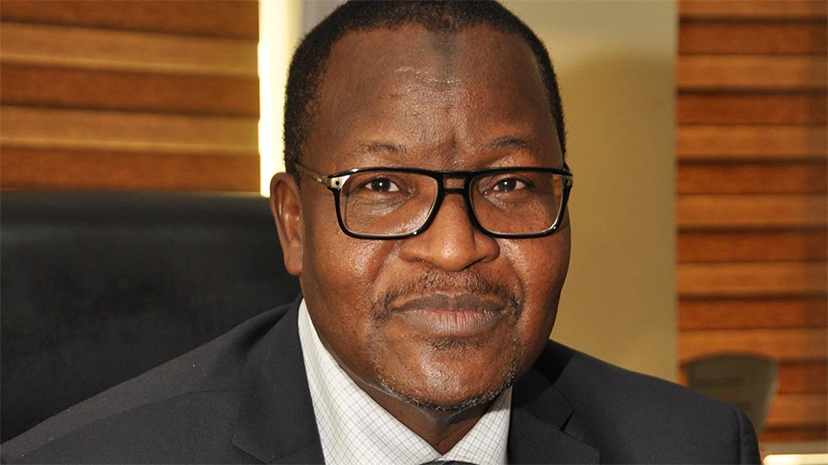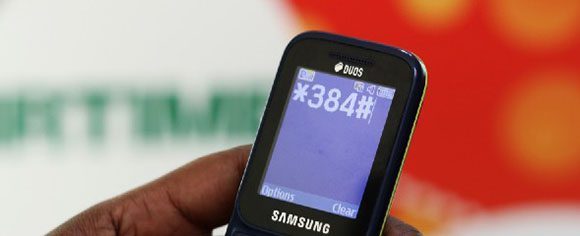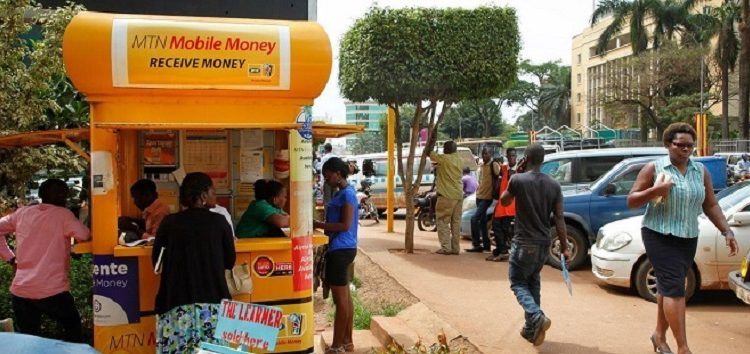The Executive Vice Chairman of the Nigerian Communications Commission (NCC), Prof Umar Danbatta has revealed that there has never been an agreement between banks and mobile network operators (MNOs) on the pricing mechanism for Unstructured Supplementary Service Data (USSD) shortcode service for financial transactions.
So far, the agreement between the banks and the telcos is not yet in place and therefore the Honourable Minister of Communications and Digital Economy, Dr Isa Pantami deemed it appropriate to summon a meeting of all critical stakeholders.
Prof Umar Danbatta, NCC EVC
“The CBN Governor will be at that meeting, the banks will be represented, the EVC, Executive Commissioner Stakeholder Management and the representatives of the MNOs will also be present,” he added.


Danbatta made this known at the commission’s virtual press conference held to commemorate the World Consumer Rights Day (WCRD) observed today, 15th March 2021. This year’s WCRD is themed “Tackling Plastic Pollution”.
Under the aegis of the Association of Licensed Telecommunications Operators of Nigeria (ALTON), telcos in the country had recently threatened to suspend the ussd service, claiming that banks are directly indebted to the tune of N42 billion.
On reaching a USSD Agreement
According to Danbatta, banks and telecom operators have failed to agree on a pricing methodology. This is despite the commission issuing an updated billing model which zero-rated USSD transactions for end-users and mandated the banks to pay telcos from the USSD service charge.


Based on the NCC directive, banks were required to remit a flat fee of N1.63 from the service charge collected on each USSD transaction.
However, banks have refused to pay the accumulated USSD service costs totalling over N42 billion to network operators.
The banks are the major beneficiaries of this code and we were hoping when it was introduced some kind of agreement could be reached on a sharing formula.
Umar Danbatta
“How much do the banks take out of whatever they are charging the customers for the service? How much are they going to give the MNOs whose infrastructure is being leveraged upon to provide the service in the first place?” Danbatta said.
The NCC Vice Chairman stated that ahead of the meeting among stakeholders, the commission is looking forward to a final resolution of the USSD dispute between telcos and banks.
“Our hope is that finally today, an amicable resolution of the matter will be found without the telcos resorting to the suspension of the service with the attendant consequence of derailing the digital financial service strategy of the federal government,” he said.
The Risk to Financial Inclusion
USSD shortcodes provide an easy alternative for bank customers in unserved and underserved areas of the country to access financial services. That said, telcos suspending the USSD would shut out an estimated 40 million Nigerians who depend on the service.


One of the important objectives behind the ussd which many may not be aware of is driving the financial inclusion strategy of the Federal Government which specifies 80% inclusion and only 20% exclusion of financial services.
Umar Danbatta
Most rural dwellers with bank accounts use the USSD to make bank transfers, check account balance or load airtime. Due to limited internet access and coverage in remote communities, residents largely use feature phones and those with smartphones likely cannot afford data plans to use e-banking apps.
The value of USSD transfers in Nigeria reached ₦390.5 million in June 2020, according to Statista.
Nigeria’s financial inclusion rate currently stands at 50%, increasing by a meagre 3% since 2012. Should USSD services be withdrawn, mobile money services would also be inaccessible to a large number of mobile subscribers.
Consequently, financial inclusion rate could sink to an abysmally low level.






